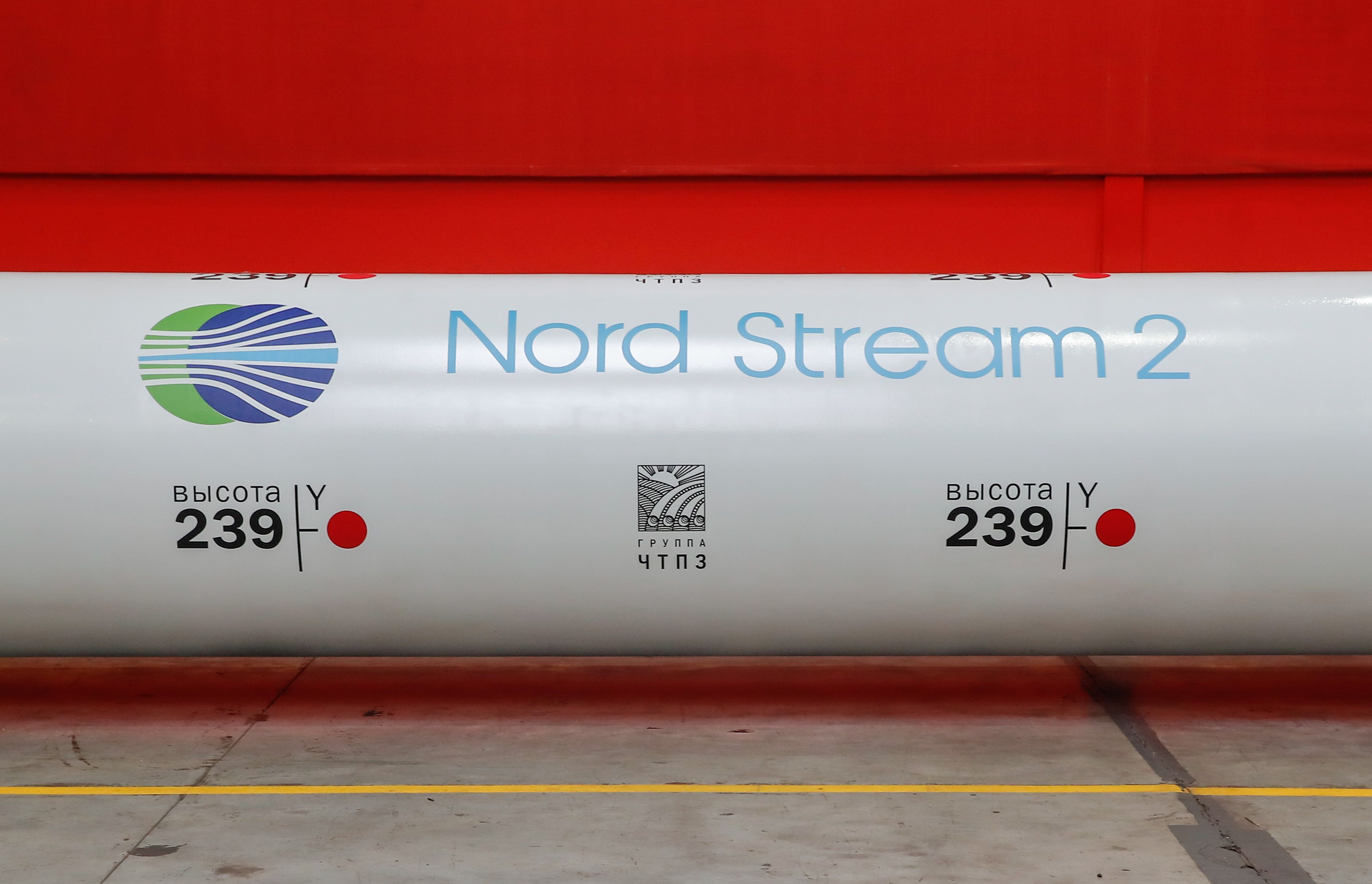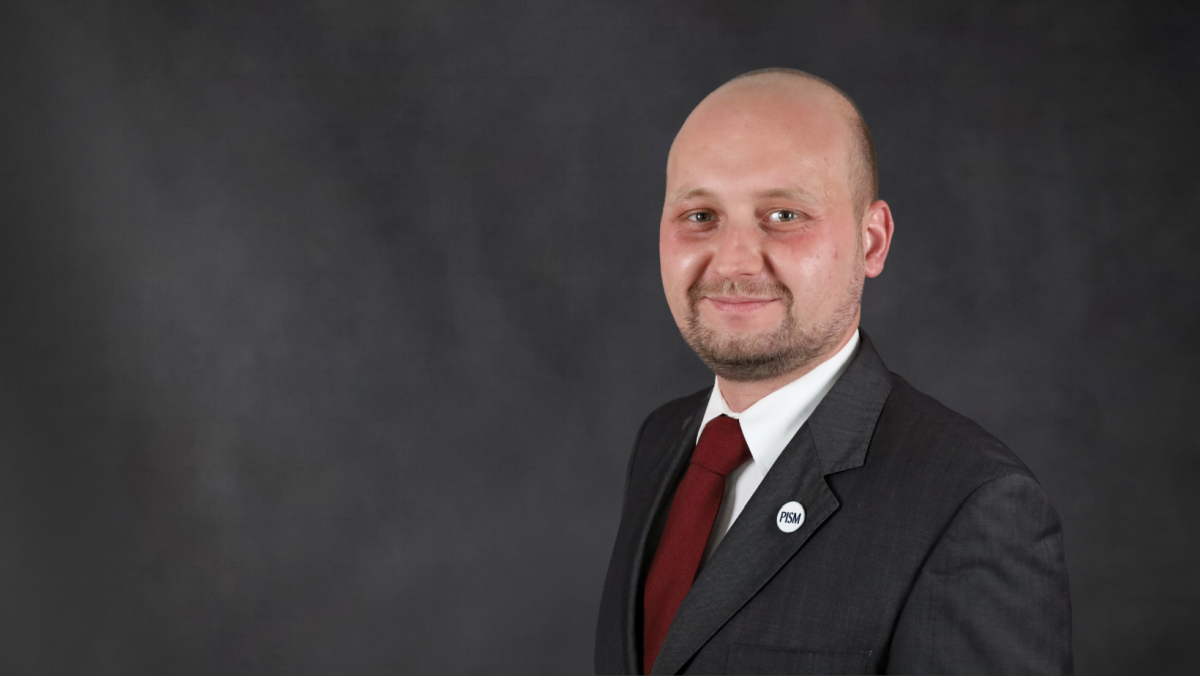Polish Competition Watchdog Fines the Companies behind Nord Stream 2

What is the background of the case?
In December 2015, the companies Gazprom, E.ON (now Uniper), Engie, OMV, Shell, and Wintershall (now Wintershall DEA) applied to UOKiK (the Office of Competition and Consumer Protection), in accordance with the applicable Polish competition law for permission to establish a joint venture to build NS2. Such permission is required by Polish law because the transaction could affect the Polish gas market (similar legislation is in force also in some other EU countries). In July 2016, the office raised objections to the transaction, pointing out that it might lead to the strengthening of Gazprom’s dominant position on the market of natural gas supply to Poland. The applicants did not respond to the objections but withdrew their application and did not stop the activities aimed at building NS2. Instead of setting up a new company, they provided loans to allow the construction of the pipeline. Therefore, in April 2017, UOKiK initiated an investigation, and in May 2018, began proceedings concerning the execution of a transaction without required consent, which concluded with yesterday’s decision.
What fines have been imposed so far?
During the proceedings, out of the six companies involved in NS2, only Gazprom and Engie refused to cooperate with UOKiK. Among their arguments was that the documents and information they were required to provide was not necessary to conduct the proceedings. In November 2019, the president of UOKiK imposed a fine of PLN 172 million on Engie for the refusal and obstruction of the explanation of the circumstances of the case, followed by a similar PLN 213 million fine on Gazprom in August 2020. Both companies appealed the fines to a court and their obligation to pay fines was suspended.
On what has the new penalty been imposed?
The actions of all six companies were recognised by UOKiK as an attempt to circumvent the law and achieve market effects identical to those previously intended despite the lack of consent to the transaction required by Polish competition-protection regulations. Although from a formal point of view the joint venture was not established, the economic impact of the loans from the five companies, which covered 50% of the construction costs of NS2, was the same. They made it possible to execute the investment, which, in the opinion of the watchdog, posed a risk of negative effects on competition on the Polish gas supply market. Moreover, the terms of the financing were designed in such a way that they allowed the lenders to have an impact on NS2’s operations or even acquire shares in the project at a later stage.
Will the UOKiK decision be enforced?
The decision may be appealed to the Court of Competition and Consumer Protection (SOKiK), which will suspend the duty to pay the fine and execute the accompanying order. All entities on which the penalty was imposed will probably appeal. It will then be possible to appeal the SOKiK judgment and also possibly lodge an appeal in cassation to the Supreme Court. Therefore, court proceedings may last several years. Ultimately, the enforcement of the termination of contracts concluded in order to finance the investment will be difficult. It will also not be easy to enforce the fine against Gazprom because it does not have significant assets in Poland. EU law, however, allows the penalty to be enforced in other EU countries provided that the transaction is also found to be illegal there. Some national legislation may also give a higher chance of enforcement. Gazprom may therefore be at risk of legal proceedings in other EU countries.
What does UOKiK’s decision mean for Poland?
It coincides with Gazprom’s efforts to finish NS2 alone, the heated debate within the EU on the pipeline, and the threat of U.S. sanctions on the project (the two latter developments being favourable from Poland’s point of view). The decision highlights Russia’s attempt to get around the law, which strengthens Poland’s arguments about Gazprom’s market abuses and the need to ensure the transparent functioning of the NS2 pipeline when it is finished. The Russian authorities will most likely argue that the decision is political. Such allegations do not nullify the concerns over NS2, and should draw more attention to them.
UOKiK’s decision is not a fatal blow to NS2—the U.S. sanctions remain the biggest threat to the pipeline’s completion—however, the financial penalties, as well as UOKiK’s order to terminate NS2 financing agreements, might discourage potential contractors from cooperating to finish the pipeline.



